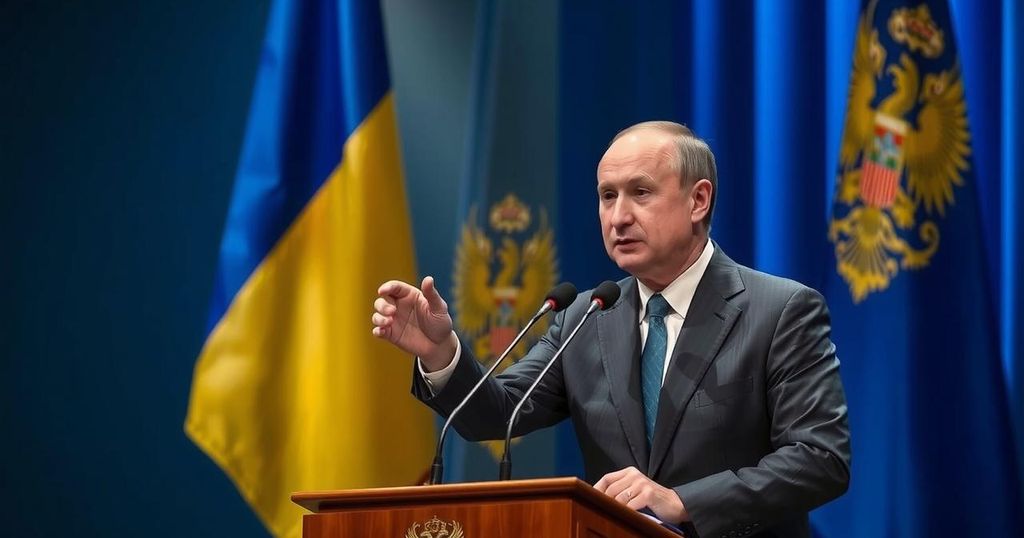Kremlin Questions Legitimacy of Moldova’s Election Results Amid Accusations of Interference

The Kremlin has expressed skepticism regarding the results of Moldova’s referendum on EU membership, questioning the legitimacy of the votes cast. Moldovan President Maia Sandu accused Russia of intervening in the elections, which led to President Sandu receiving 42% and leading to a runoff against Alexandr Stoianoglo, who received 26%. Allegations of vote-buying schemes linked to Russian interests have further complicated the electoral landscape, highlighting the tensions between Moldova’s pro-European goals and Russian influences in the region.
On Monday, the Kremlin raised concerns regarding the results of Moldova’s recent constitutional referendum regarding European Union membership, casting doubt on the legitimacy of the votes. This came after the Moldovan election authorities reported that approximately 99% of the votes were counted, showing a narrow margin of 50.31% in favor of adding EU accession to the national constitution. Concurrently, the presidential election did not yield any candidate with a majority, leading to a runoff on November 3 between incumbent President Maia Sandu and former prosecutor Alexandr Stoianoglo, who garnered 42% and 26% of the votes respectively. Kremlin spokesperson Dmitry Peskov expressed skepticism over the voting figures, questioning how the “Yes” votes overtook the “No” votes, which had initially been leading in the counting process. Peskov indicated that these irregularities raised serious concerns about the electoral process, suggesting that the Moldovan authorities repressed opposition to favor President Sandu. In response to Sandu’s allegations of foreign interference and criminal activity linked to Russian networks, Peskov challenged her to provide evidence for her claims. He further questioned whether those who opposed her policies were associated with criminal groups, implying that her stance lacked support from the electorate. Additionally, it was reported that Moldovan police uncovered significant vote-buying schemes allegedly orchestrated by Ilan Shor, a fugitive businessman residing in Russia, with claims of substantial financial inflows from Russia aimed at disrupting the Moldovan electoral process. The political tension surrounding these developments highlights the challenges Moldova faces as it navigates its aspirations for EU integration amidst external pressures.
The situation in Moldova is complex, involving the nation’s aspirations for European Union membership amid significant influence and interference from Russia. The recent referendum aimed to constitutionally establish EU membership as a national goal. However, political tensions have surged, particularly in the wake of Moldova’s presidential election, where serious allegations of vote manipulation and foreign meddling have emerged. The political landscape is further complicated by a history of voting irregularities and the presence of pro-Russian sentiments among certain factions within Moldova, which contrasts sharply with the country’s pro-European trajectory under President Maia Sandu’s administration.
In summary, the Kremlin’s questioning of Moldova’s referendum results and denial of election interference reflect ongoing geopolitical tensions in Eastern Europe, where Moldova’s aspirations for EU membership collide with external influences from Russia. The forthcoming presidential runoff adds another layer of complexity to this already charged political atmosphere, illustrating the challenges facing Moldova as it strives for democratic integrity and national sovereignty.
Original Source: www.themoscowtimes.com








